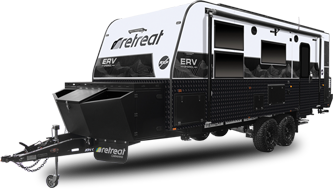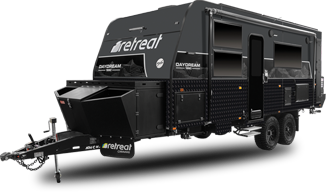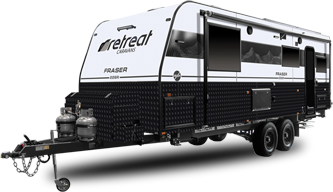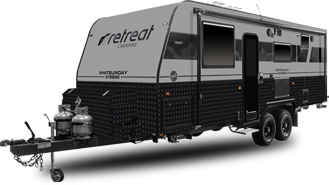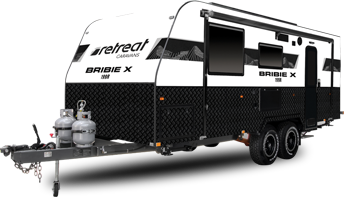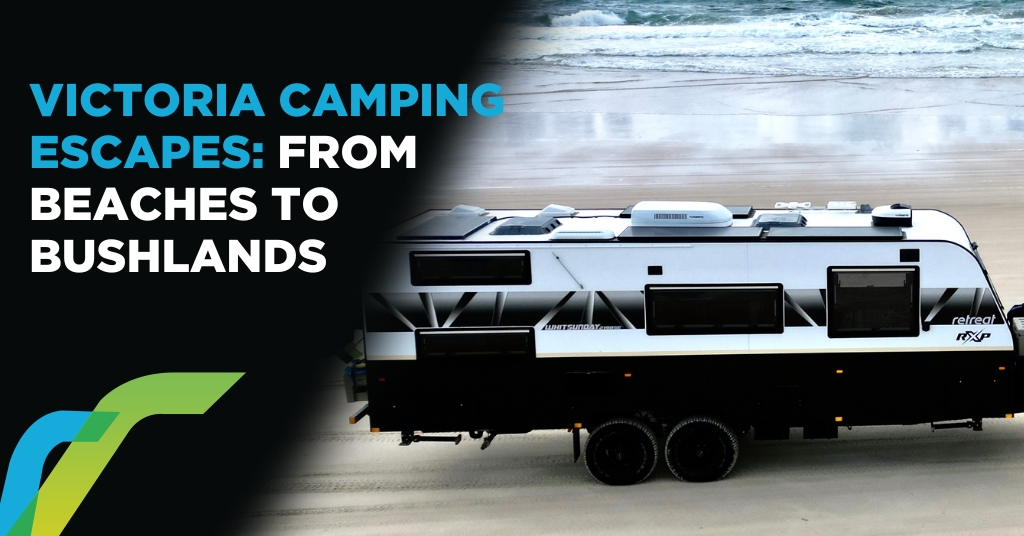
Victoria Camping Escapes: From Beaches to Bushlands
In our fast-paced world, finding a place to relax and connect with nature is invaluable. Imagine waking up to the sound of waves crashing on a secluded beach or the peaceful rustling of leaves in a dense forest. Victoria has numerous diverse landscapes, and offers a plethora of camping escapes, from stunning beaches to tranquil bushlands.
This guide will take you through everything you need to know about the best camping spots in Victoria.
Why Choose Camping in Victoria?
Embrace Nature’s Beauty
Victoria’s diverse landscapes provide the perfect backdrop for any camping adventure. From the rugged coastlines to the serene mountains, there’s something for everyone.
Enjoy Outdoor Activities
Camping in Victoria offers numerous outdoor activities such as hiking, fishing, swimming, and wildlife spotting. These activities are perfect for families, solo travellers, and adventure enthusiasts.
Reconnect with Loved Ones
Camping is an excellent way to reconnect with family and friends. It provides an opportunity to bond over campfires, shared meals, and outdoor adventures, away from the distractions of daily life.
Top Camping Spots in Victoria
Victoria is home to some of the most breathtaking camping spots. Here are a few must-visit locations:
Wilsons Promontory National Park
Wilsons Promontory, or “The Prom” as locals call it, offers a mix of stunning beaches, lush rainforests, and rugged mountains. It’s a paradise for hikers, with trails ranging from easy walks to challenging climbs. The Tidal River camping area is a great base for exploring the park’s natural beauty.
Highlights
- Squeaky Beach: Famous for its fine, white sand that squeaks underfoot.
- Mount Oberon Summit Walk: Offers panoramic views of the park.
- Wildlife: Spot kangaroos, emus, and wombats.
Grampians National Park
The Grampians is known for its dramatic sandstone cliffs, vibrant wildflower displays, and rich Aboriginal heritage. Halls Gap is a popular starting point for exploring the park, with plenty of camping spots available. Enjoy activities like rock climbing, hiking, and wildlife spotting.
Highlights
- The Pinnacle: A challenging hike with rewarding views.
- MacKenzie Falls: One of Victoria’s largest waterfalls.
- Brambuk Cultural Centre: Learn about the local Aboriginal culture.
Great Otway National Park
Stretching along the Great Ocean Road, Great Otway National Park combines coastal beauty with dense forests and cascading waterfalls. There are several camping areas where you can immerse yourself in nature. Don’t miss the stunning Triplet Falls and the historic Cape Otway Lightstation.
Highlights
- Cape Otway Lightstation: The oldest surviving lighthouse on mainland Australia.
- Triplet Falls: A series of beautiful cascading waterfalls.
- Maits Rest Rainforest Walk: An easy walk through ancient rainforest.
Alpine National Park
For those who love alpine scenery, the Alpine National Park offers majestic mountains, clear rivers, and serene valleys. The park is perfect for camping, with numerous remote campsites available. Enjoy hiking, fishing, and even skiing in the winter months.
Highlights
- Mount Feathertop: Victoria’s second-highest peak.
- Bogong High Plains: Stunning scenery and great for bushwalking.
- Falls Creek: Popular for skiing in winter and hiking in summer.
Croajingolong National Park
This park offers a true wilderness experience with its remote beaches, coastal heathlands, and lush rainforests. It’s perfect for camping, providing a serene environment for relaxation and adventure. Explore the diverse landscapes and enjoy activities like kayaking, bushwalking, and birdwatching.
Highlights
- Thurra River Campground: Set near pristine beaches.
- Point Hicks Lightstation: Offers stunning coastal views.
- Mallacoota Inlet: Ideal for kayaking and fishing.
Preparing for Your Camping Adventure
Packing Essentials
Packing the right essentials can make or break your camping trip. Here’s a list of must-haves:
- Food and Cooking Supplies: Non-perishable food, cooking utensils, portable stove.
- Clothing and Bedding: Weather-appropriate clothing, warm bedding, extra blankets.
- Tools and Repair Kits: Basic tools, spare parts, repair kits.
- First Aid Kit: Comprehensive first aid kit with necessary medications and supplies.
Planning Your Activities
Planning activities in advance ensures you make the most of your camping trip. Consider the following:
- Hiking and Walking Trails: Research trails that match your fitness level and interests.
- Wildlife Spotting: Bring binoculars and a camera to capture wildlife sightings.
- Water Activities: Check for nearby lakes, rivers, or beaches for swimming, fishing, or kayaking.
Safety Tips
Staying safe while camping is crucial. Follow these tips for a worry-free adventure:
- Weather Forecast: Always check the weather forecast before setting out.
- Emergency Plan: Know the location of the nearest emergency services and have a plan in place.
- Stay Informed: Keep up-to-date with local regulations and safety warnings.
Top Camping Tips
Embrace Minimalism
Living in a caravan or tent means limited space, so embrace minimalism. Bring only what you need and keep your living area organised.
Stay Informed
Keep up-to-date with weather forecasts and local regulations. This information can help you plan your activities and ensure your safety.
Connect with Nature
Take advantage of the opportunity to connect with nature. Spend time outdoors, explore your surroundings, and appreciate the natural beauty around you.
Be Prepared
Always be prepared for emergencies. Have a plan in place for dealing with unexpected situations and know the location of the nearest emergency services.
Experience Victoria’s Best with Retreat Caravans
If you are looking for the best off-grid caravans for sale in Australia for your next big adventure, you can’t go past Retreat Caravans. Please check our full range of caravans below, all carefully designed with you in mind:
FAQs About Camping in Victoria
What Are the Best Times to Camp in Victoria?
The best times to camp in Victoria are during the spring and autumn months when the weather is mild and the landscapes are particularly beautiful.
Do I Need a Permit to Camp in National Parks?
Some national parks require camping permits. It’s best to check the specific park’s regulations and book in advance if necessary.
Are There Pet-Friendly Camping Spots?
Yes, several camping spots in Victoria are pet-friendly. However, it’s important to check each location’s rules regarding pets.
What Should I Do in Case of an Emergency?
In case of an emergency, contact the local emergency services immediately. It’s also helpful to have a first aid kit and know basic first aid procedures.
How Can I Conserve Water While Camping?
Conserve water by using it sparingly for drinking, cooking, and washing. Consider bringing a water filtration system to purify natural water sources.



